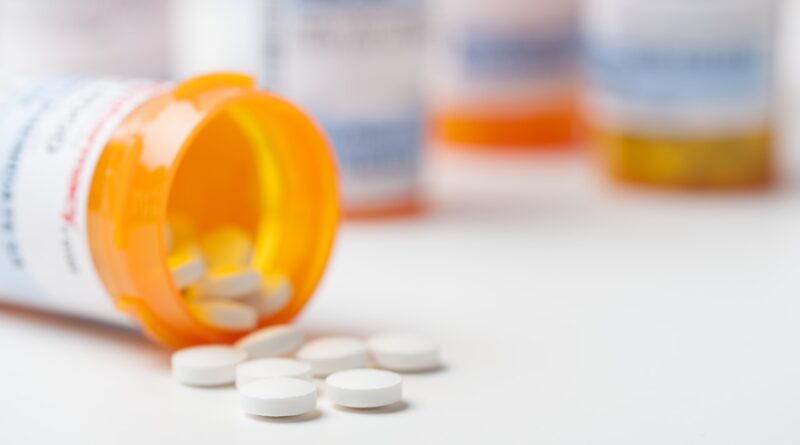Dear Doctor: This is why stopping prescription drugs without a doctor’s OK can be dangerous
MOHLIMO DR. ROACH: I’m interested in how long it would take for someone who has been off all medications for years to experience side effects or adverse effects?
I started seeing a cardiologist five to six years ago, mainly as a precaution due to a family history of heart attack and stroke with both of my parents/grandparents. . He concluded that I had mild atrial fibrillation and a mild carotid blockage.
Subsequent annual tests showed little progress. I take levothyroxine, Eliquis, verapamil and pravastatin. I ate it with pills. — FW
ANSWER: In general, I recommend against stopping prescription drugs without your doctor telling you to, and I hope to help you understand why.
Atrial fibrillation is a heart rhythm disorder in which the atria become mechanically inactive. Although this can affect the heart’s function, the biggest problems are the heart rate (which can sometimes be so fast that it causes symptoms or heart failure) and the risk of stroke. Verapamil is used to lower blood pressure, but it also slows the heart. Your cardiologist may use it for either or both of those reasons.
Eliquis is used to reduce the risk of stroke. With more information about you, I can give you a more personal risk, but on average, about 5% of people with atrial fibrillation will get a stroke a year. This number drops to about 1% if they are treated.
You say you have some blockage in the carotid arteries. These are the main arteries that supply blood to the brain, and their blockage can also lead to a stroke. Pravastatin has been shown to reduce the risk of heart disease and death in high-risk individuals. A rough estimate is that for every 40 high-risk people who take pravastatin, 1 person will not have a heart attack, stroke, or need an artery bypass surgery. or with a balloon.
Levothyroxine is used to treat low thyroid hormone levels. Very low levels of thyroid hormones can cause many symptoms, including severe ones such as coma. These are not common, but fatigue, low energy, depression and weight gain are very common.
So, if you were to stop taking your medication without seeking a doctor’s advice, you might not notice anything for days or weeks. But you will be putting yourself at greater risk of heart disease, especially stroke, in the months and years to come. If you’ve ever had a loved one have a bad stroke, I don’t think you’d want them to stop taking their medication.
MOHLIMO DR. ROACH: I take 1,000 mg of metformin in the morning and 1,000 mg at night, and my A1C level is 7.2%. I am 80 years old. Is this amount too much? — Anon.
ANSWER: A drug is too much if it causes toxicity or does more than it should. The main toxicity of metformin is gastrointestinal. The amount you drink is enough to cause stomach upset, nausea, vomiting or diarrhea. If you don’t have one of these, it probably isn’t toxic to you. One notable exception is that people with kidney disease need to be careful, or not take metformin at all. A high creatinine level is a reason not to take metformin.
An A1C level of 7.2% is very good, but many experts do not recommend lowering A1C in patients in their 80s, as it often takes years or decades for a high A1C level to cause damage. . An A1C of 7.5% or even 8% would be reasonable for someone in their 80s.
Dr. Roach regrets not being able to answer individual letters, but will include them in the column whenever possible. Readers can send questions to ToYourGoodHealth@med.cornell.edu or mail to 628 Virginia Dr., Orlando, FL 32803.
(c) 2022 North America Syndicate Inc.
All rights reserved
#Dear #Doctor #stopping #prescription #drugs #doctors #dangerous
